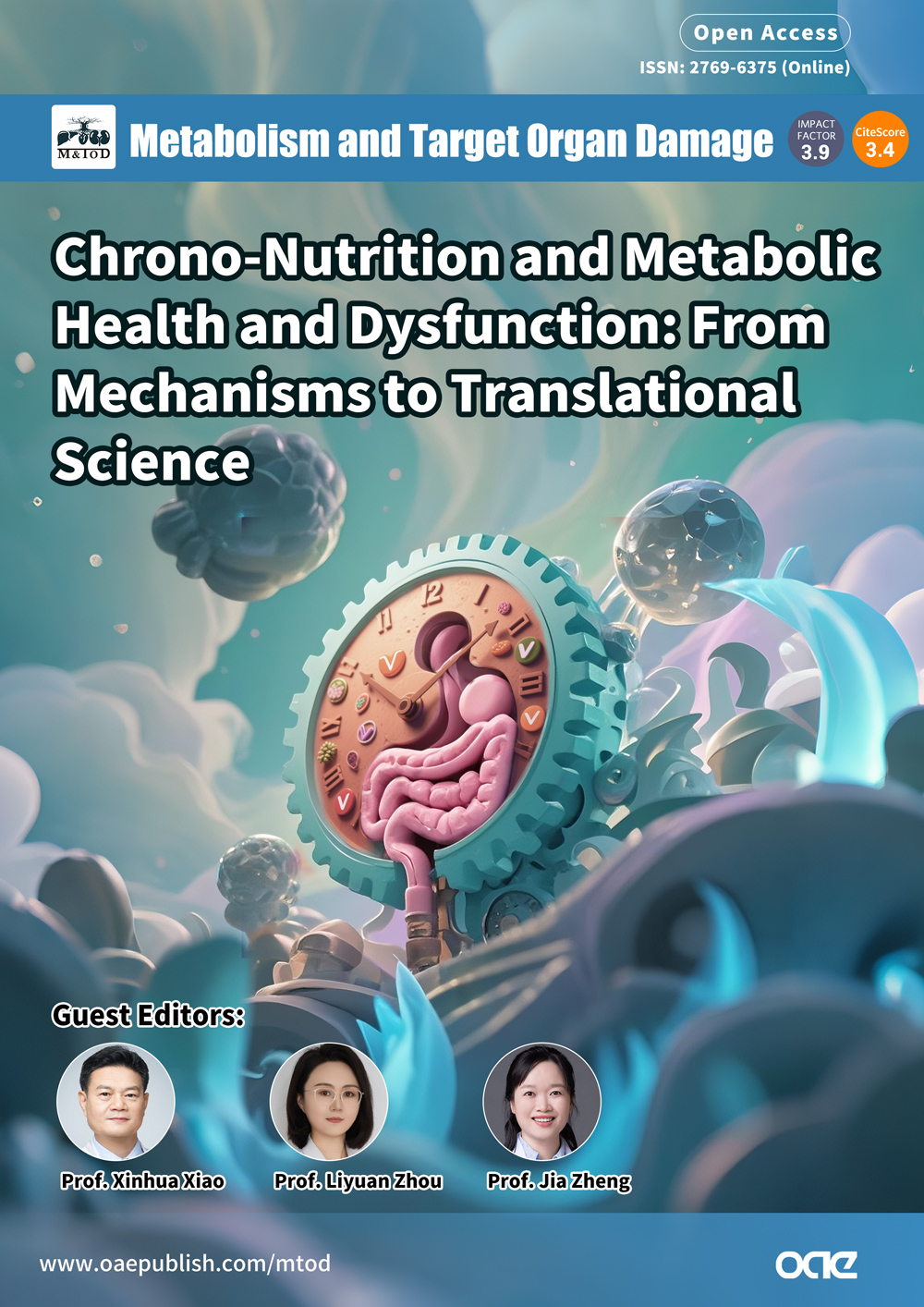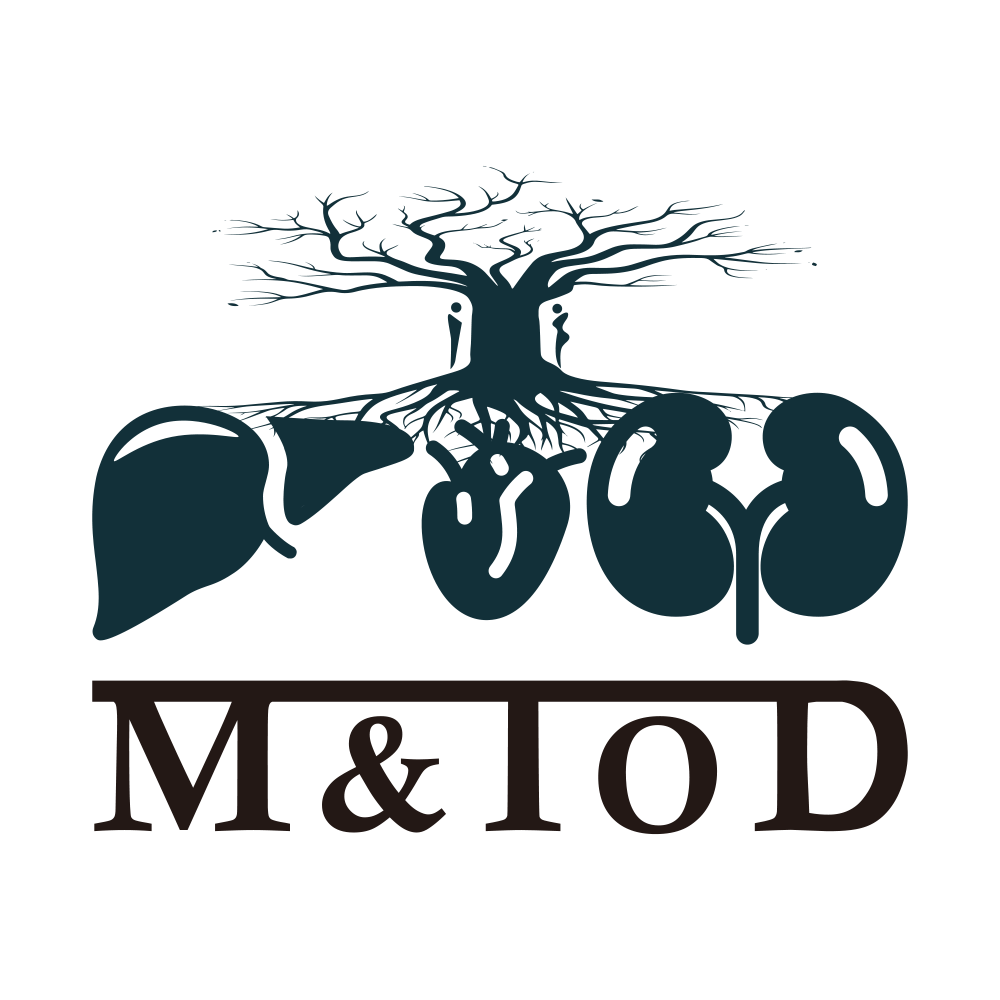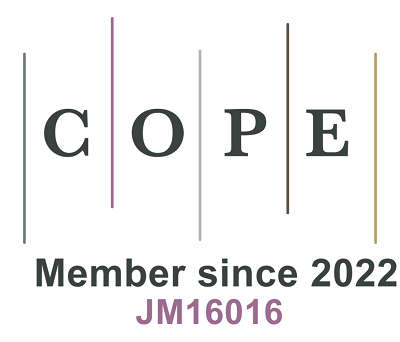
Topic: Chrono-Nutrition and Metabolic Health and Dysfunction: From Mechanisms to Translational science
A Special Issue of Metabolism and Target Organ Damage
ISSN 2769-6375 (Online)
Submission deadline: 15 Dec 2025
Guest Editors
Special Issue Introduction
Background and Rationale:
Chrono-nutrition - the study of how the timing of food intake interacts with biological rhythms - is an interdisciplinary field that explores the bidirectional relationship between dietary patterns (specifically meal timing and nutrient composition) and circadian rhythms. Regulated by the body's internal clock, chrono-nutrition is emerging as a crucial yet often underappreciated dimension of metabolic health. Circadian misalignment, caused by irregular eating schedules, night-time eating, or shift work, contributes significantly to the development of metabolic diseases such as obesity, insulin resistance, type 2 diabetes, and metabolic dysfunction-associated steatotic liver disease (MASLD). Gaining a mechanistic understanding of how chrono-nutrition interacts with metabolic pathways is essential for advancing preventive and therapeutic strategies for these conditions. This Special Issue aims to bridge the gap between basic research in circadian biology and nutritional science, with a focus on translating discoveries into actionable clinical applications to optimize metabolic health.
Objectives:
- To elucidate the molecular and physiological mechanisms through which meal timing regulates metabolism and contributes to the development or prevention of metabolic diseases.
- To evaluate the evidence for chrono-nutrition interventions (e.g., time-restricted eating, adjusted meal timing) in the prevention and management of metabolic disorders.
- To explore the development and validation of biomarkers and assessment tools for monitoring chrono-nutrition patterns and circadian metabolic health.
- To foster interdisciplinary collaboration among chronobiologists, nutrition scientists, endocrinologists, clinicians, and public health researchers to accelerate clinical translation.
Topics Covered:
- Circadian regulation of nutrient metabolism and metabolic organs (e.g., liver, muscle, and adipose tissue).
- Mechanisms by which meal timing, frequency, and circadian rhythm disorders affect glucose homeostasis, lipid metabolism, and body weight regulation (e.g., via the gut microbiome and epigenetic modifications).
- Clinical evidence supporting chrono-nutrition interventions (e.g., time-restricted eating) in the management of obesity, diabetes, and MASLD.
- Identification and validation of biomarkers for circadian metabolic health.
- Social, behavioral, and environmental determinants of chrono-nutrition patterns.
Target Audience:
This issue is intended for researchers in circadian biology, nutrition, metabolism, and endocrinology; clinicians managing metabolic diseases (including endocrinologists, diabetologists, obesity specialists, hepatologists, primary care physicians, and pediatricians); registered dietitians/nutritionists; public health experts; and healthcare professionals interested in innovative dietary strategies to improve metabolic health.
Submission Deadline
Submission Information
For Author Instructions, please refer to https://www.oaepublish.com/mtod/author_instructions
For Online Submission, please login at https://www.oaecenter.com/login?JournalId=mtod&IssueId=mtod25062310127
Submission Deadline: 15 Dec 2025
Contacts: Alani Luo, Managing Editor, editorialoffice@mtodjournal.net









